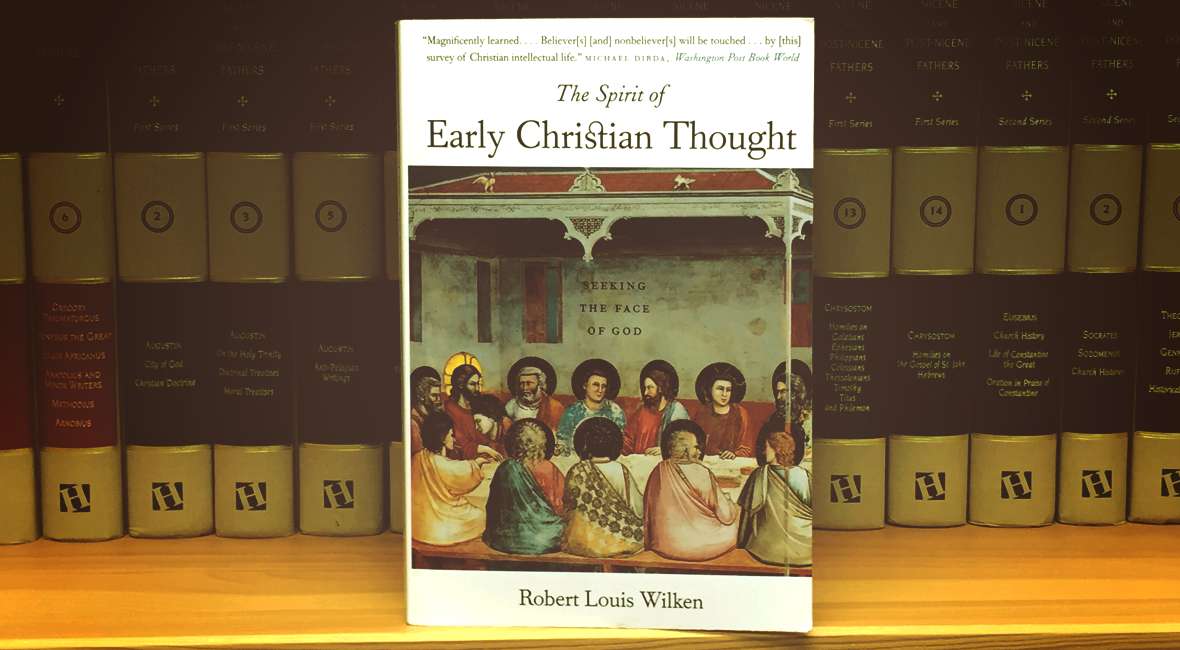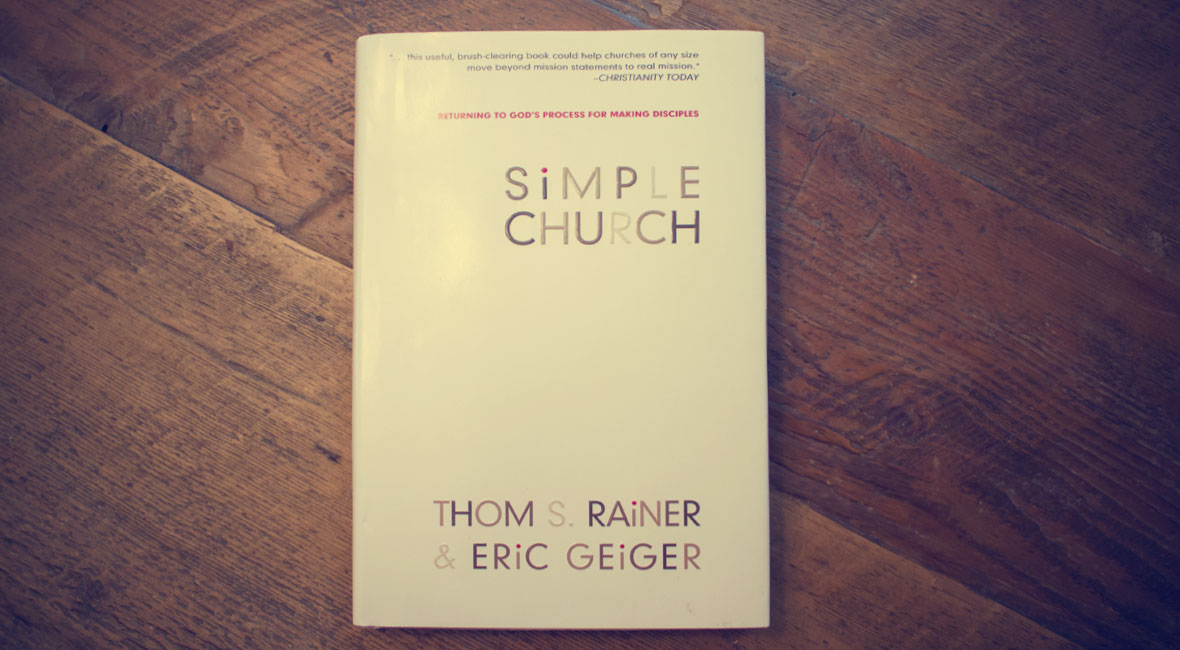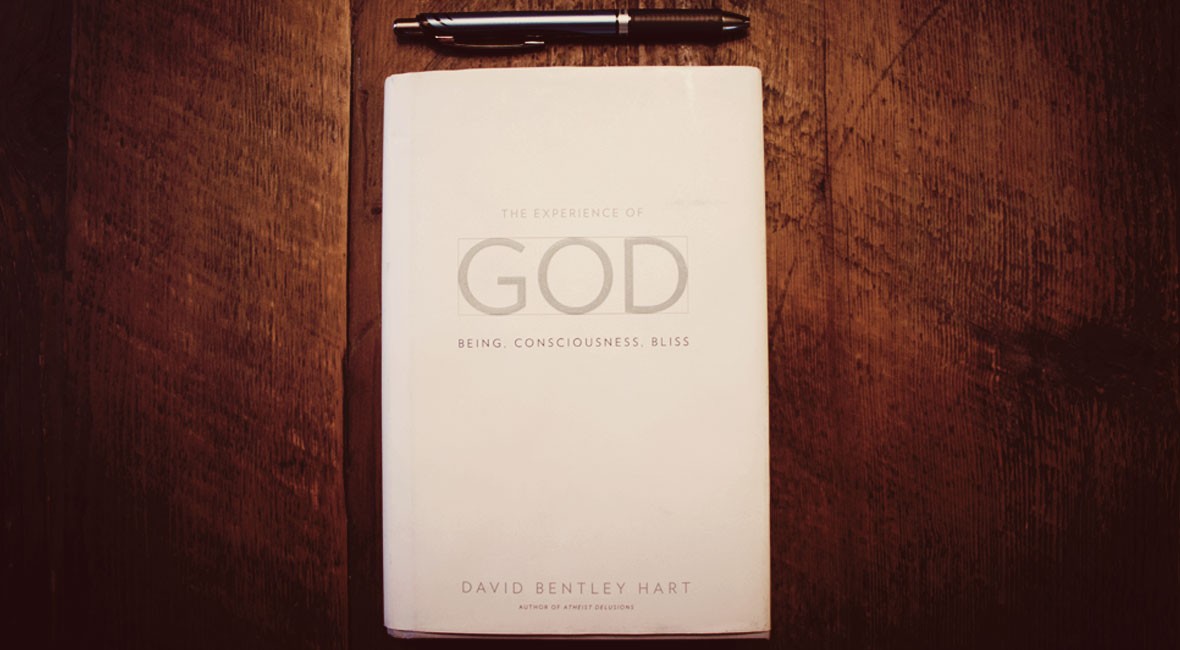What the Book is About
The Spirit of Early Christian Thought is a survey of the greatest thinkers of the early church on a broad range of subjects. Each chapter is dedicated to a single topic, such as the Trinity, virtue, politics, or apologetics. Wilken artfully weaves thoughts from at least two primary writers in each chapter, diving to the depths of the issue, offering the wisdom of the ancients to a modern audience. Wilken is careful not to rely on the same thinker over and over, so the audience is treated to a wide range of authors, including Justin Martyr, Iranaeus, Athanasius, Basil of Caesarea, and others. He admits, however, that there were four giants, so to speak, to which he returned more often than the rest: “Origen in the third century, Gregory of Nysa in the fourth, Augustine in the fifth, and Maximus the Confessor in the seventh.” (p. xix) Any student interested in learning from the great masters of the Church would do well to start with these four.
As noted above, Wilken’s approach is to tackle one issue in each chapter, and to do so under the guidance of two ancient writers. While he does not typically quote any author at length, he pieces together their thoughts and gives them flesh through his own prose. The reader may be left with the hunger to hear more directly from Origen or Augustine, but the effect is to give the audience the best of their thoughts in modern formulations. A typical example can be taken from the first chapter, which dealt with the Christian concern of apologetics.
In taking this approach, the reader must trust that Wilken has done his homework, and is faithfully presenting the thoughts of each author. While I often found myself longing for lengthier quotations, I came to conclude that Wilken’s approach was best. Nearly two thousand years separate my mind from the ancient author’s words. In such a sweeping survey, it is helpful to have a learned mediator bridge the gap between the style of their writing and the form of prose which best suits modern readers.



